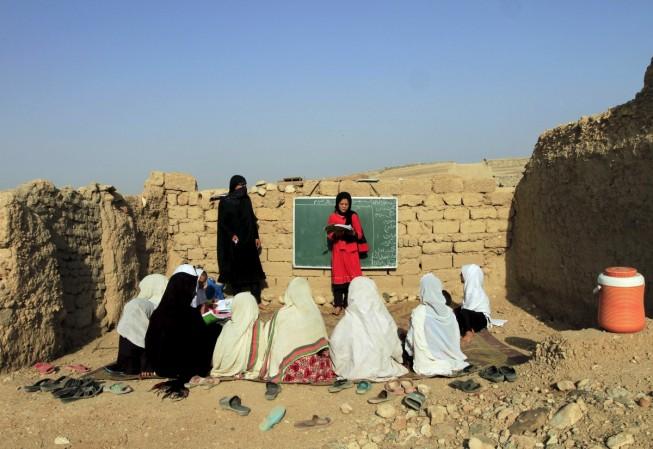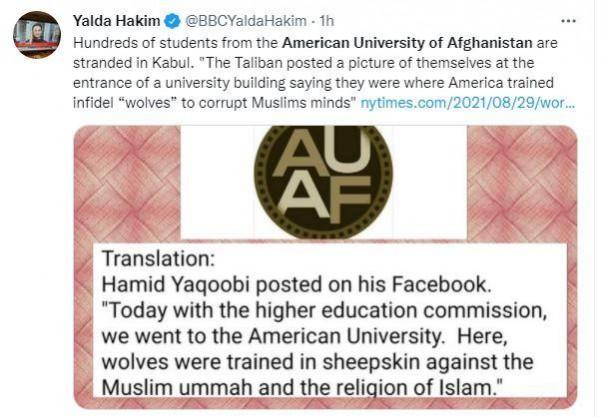In any other nation of the world, scientists are more than an asset. They are the barometer of a nation's true wealth and something that a country needs to woo with funding and facilities. However, in Afghanistan the science community stares blank in the face of hopeless future.
As for the progress made in the past two decades, an era when science blossomed, now stands a sure shot at being nullified. Fearing persecution and threat, many researchers and scientists are fleeing the country. But it's not as simple as that.

2001 onwards, an era of science and research
After 2001, when The Taliban was overthrown, foreign funding poured in, universities and other educational institutions thrived and a strong academic culture set in the country. Now the same community fears for their safety and even lives.
Kenneth Holland, dean at O.P.Jindal Global University in Sonipat, India who was President of the American University of Afghanistan in Kabul from 2017-2019, said in an interview to Nature, that when he arrived in 2006 in Afghanistan, "there was almost no research being done at universities, no culture of research."
He adds, "Between 35 to 40 universities have been established or re-established since 2010, and tens of more private universities have been set-up. Public universities are funded by the Ministry of Higher Education, which is financed by international donors."

The number and percentage of school going children in Afghanistan were abysmally low. Less than one-third of school going children had reportedly even set foot in school. By 2007, 60 per cent of Afghan children were attending schools in temporary settings like tents. As per the figures made available by U.S Agency for International Development Initiatives, as of 2019, over 9 million Afghan children were in school. Around 300,000 students were attending colleges and universities and additionally, 480,000 teachers were placed in Afghan schools.
Musa Joya, a physicist at Iran, who also works as a lecturer in Kabul told Nature, how his plans to relocate to Kabul to work at a radiotherapy centre (supported by International Atomic Energy Agency) were suspended. He said in the same interview, "We spent all our money, energy and time in Afghanistan to build a brighter future for ourselves and our children."
Taliban will persecute research, let alone prioritise it
The vicious circle that insurgency brings has set in, with educated people fleeing and foreign aid cut-off, research will now not just be the last priority. Many researchers think that it's only a matter of time before their numbers and details are culled out and persecuted for international collaborations and links, their ethnic background, areas of research among others.
Many ground reports testify to the staff not having been paid salaries and most universities and public offices remain closed. However, the Taliban says and claims otherwise.
The research community still hasn't forgotten the 2016 attack by suspected Taliban fighters on the American University of Afghanistan that killed 13 people. As per UNICEF data this year, 3.7 million Afghan children are out of schools and 60 per cent of them are girls. These figures are going to get worsen by the day.

















